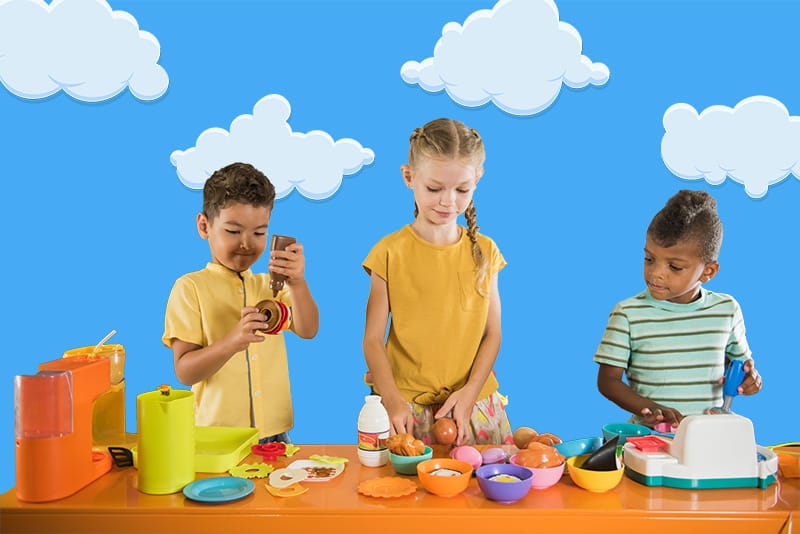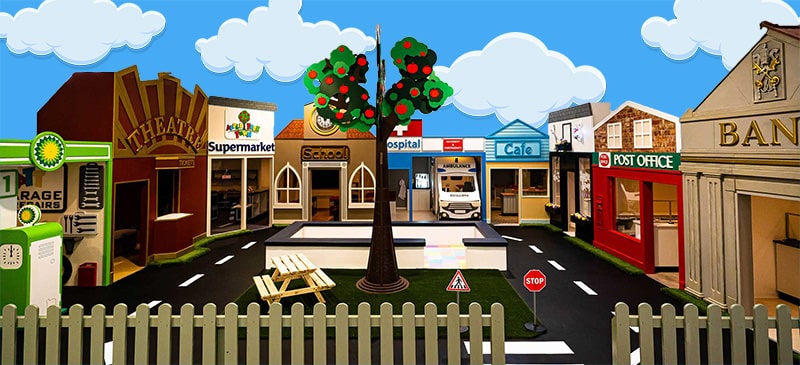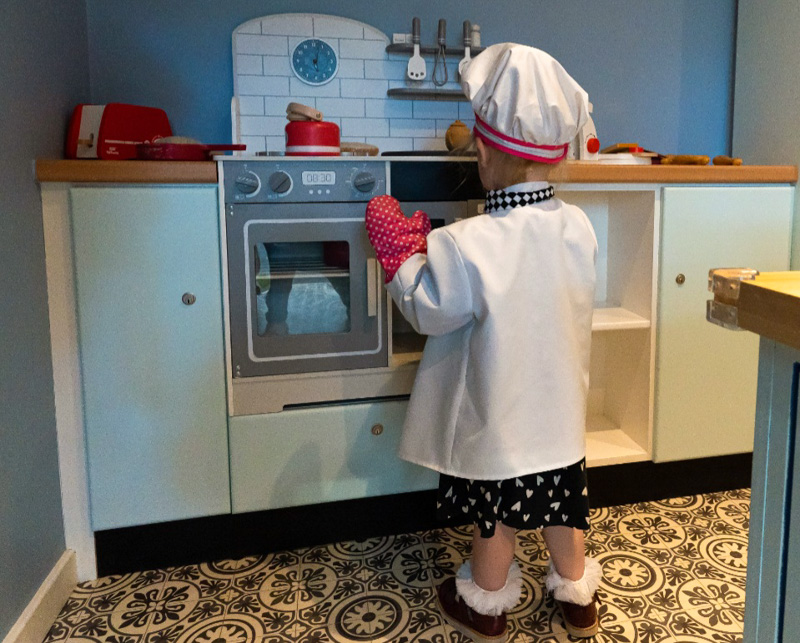Introduction to Role Play
Role play is an important aspect of child development that can help young children learn about the world around them and develop a range of skills. Through role play, children can learn about different roles, social norms, and behaviours, as well as practice communication, problem-solving, and conflict resolution. It can also help children develop their creativity, imagination, and storytelling skills. In this article, we will explore the various benefits of role play for young children and how parents and educators can support and encourage role play in their development.

Benefits of Role Play
One of the main benefits of role play is that it allows children to explore and experiment with different roles and identities. Children are naturally curious and want to know more about the world around them, and role play provides a safe and controlled environment for them to do so. For example, a child may want to pretend to be a doctor, a firefighter, or a teacher, and through role play, they can explore what those roles might be like and what they might do in those roles. This can help children understand more about the world and the different roles and responsibilities that exist within it.
Helps develop social and emotional skills
Role play can also help children develop social and emotional skills. When children engage in role play, they are often required to interact with others, communicate with them, and work through conflicts that may arise. This can help children learn how to express themselves, listen to others, and negotiate with others in a constructive and respectful way. It can also help children develop their emotional intelligence and empathy, as they are exposed to different emotions and perspectives through their role play.

Supports the development of cognitive skills
In addition to social and emotional skills, role play can also help children develop their cognitive skills. Through role play, children are required to think creatively and use their imagination to come up with ideas, solve problems, and make decisions. This can help children develop their problem-solving skills, critical thinking skills, and decision-making skills, which are important for success in school and beyond.
Learning about different concepts and topics
Role play can also be a fun and engaging way for children to learn about different concepts and topics. For example, if a child is interested in animals, they might engage in role play where they pretend to be different animals and explore what those animals might do. This can help children learn about the characteristics, behaviours, and habitats of different animals, as well as develop their scientific thinking skills.

Supporting Role Play in Young Children
To support and encourage role play in young children, there are several things that parents and educators can do. One of the most important things is to provide a variety of materials and resources that children can use for their role play, such as dolls, dress-up clothes, toy cars, and kitchen sets. It is also important to create a safe and welcoming environment where children feel comfortable and supported to engage in role play. This may involve setting aside dedicated time and space for role play, as well as providing guidance and support as needed.
Another way to support and encourage role play in young children is to model and encourage role play in your own behaviour. This can involve engaging in role play with children, as well as providing positive feedback and reinforcement for their role play. It is also important to be responsive to children’s interests and needs, and to provide opportunities for them to engage in role play that is meaningful and relevant to them.
Role play is an important aspect of child development that can help young children learn about the world around them and develop a range of skills. It allows children to explore and experiment with different roles and identities, develop their social and emotional skills, cognitive skills, and creativity, and learn about different concepts and topics. Parents and educators can support and encourage role play in young children by providing materials and resources, creating a safe and welcoming environment, modelling and encouraging role play, and being responsive to their needs.
